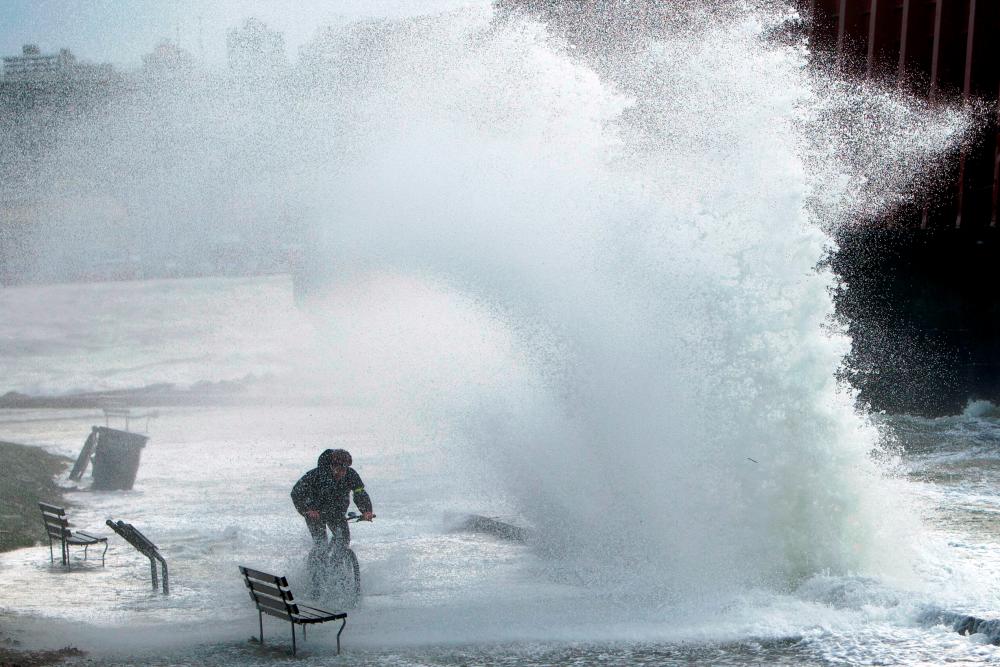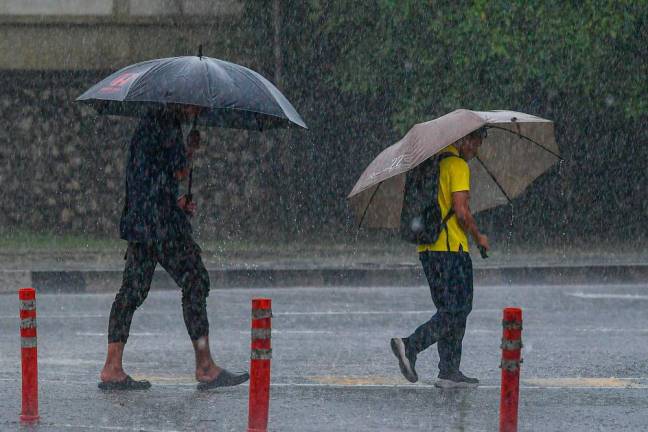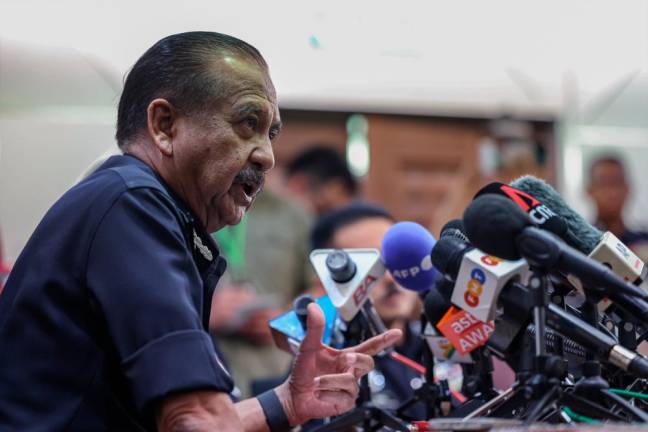PETALING JAYA: The effect of climate change is getting more alarming in Malaysia, but too little is being done to address the issue.
According to environmentalists, climate change has already manifested on a daily basis.
For instance, rising sea levels are causing frequent floods in coastal towns such as Klang, and droughts have been an annual affair in Kedah and Malacca, according to local environmental interest group Global Environment Centre director Faizal Parish.
He pointed out that unless more is done quickly, not just at the local level but also at the global level, it would be disastrous.
Unfortunately, the recently concluded United Nations Climate Change Conference in Glasgow has been short on achievements.
Many governments have not agreed to do enough to cut the use of fossil fuels and to reduce greenhouse gases to prevent a further rise in sea levels, climate-driven storms, heat waves and droughts.
“That should have been the top priority,” Faizal told theSun.
He said unfortunately, some people remain indifferent because they are not well-informed.
He added that many are still not aware ice sheets in Greenland and the Antarctica are melting fast, there are enormous forest and peat fires in Siberia, and the permafrost is melting in Russia, Canada and Alaska.
He said the media should do more than just highlight the inevitable link between the current extreme weather phenomenon and environmentally detrimental practices.
Faizal dismissed as “nonsense” a suggestion that concerns about climate change be put on hold while the world deals with other more pressing matters.
“Malaysia has made a commitment to cut its greenhouse gas emissions by 45% in 10 years and to be carbon neutral by 2050. Immediate action is needed to achieve these goals.”
Ecotourism and Conservation Society Malaysia chief executive officer Andrew J. Sebastian said many people believe that resources are infinite and that climate change is a long-term issue that will not affect them immediately.
“As a result, people believe there is no real urgency to address the issue. They believe we still have a lot of time to adapt to climate change, and that its effect is extremely abstract.”
He said the time has come to do something before the Earth’s mean temperature rises by a dreaded 2°C. “Once we hit that level, we will not be able to stabilise the planet’s temperature.”
Sebastian said governments, researchers and agencies have done a poor job of explaining climate change and its implications.
“It is not taught at school, nor is it a serious topic in universities.
“We do not talk much about recycling and protecting rainforests and stopping logging, and we don’t talk much about water conservation.
“The government has done a poor job of advocating climate change adaptation, such as explaining what climate change is, how to adapt to it, what we should do, and how to go forward.”
He pointed out that unless the issue of climate change is dealt with holistically, it would be unstoppable.
“For instance, natural resources, agriculture and water are issues that have to be dealt with as one. Unfortunately, our way of addressing these issues is fragmented because government bodies dealing with each of these issues are segregated.
“Climate change is real, and it has a great impact on Earth. It should therefore be our top priority.”













